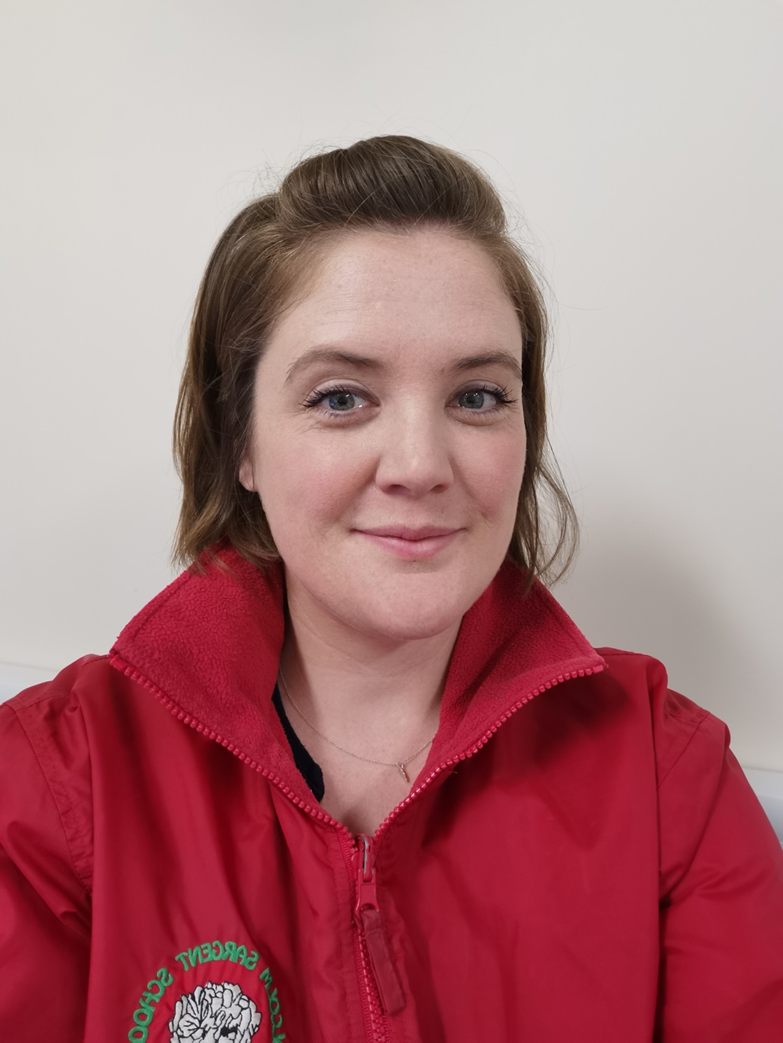
Personal, Social & Health Education (PSHE)
 My name is Mrs Ward, and I am the subject leader of PSHE (Personal, Social & Health Education) at Malcolm Sargent Primary School. I am passionate about the teaching of PSHE because it focuses on the whole personal development of the children. It helps pupils to build their resilience, confidence and independence, and prepares them for success in their ongoing education or career, and for life in modern Britain. Our pupils learn how they can support each other, manage their own behaviour and get help for themselves or their friends when they need it.
My name is Mrs Ward, and I am the subject leader of PSHE (Personal, Social & Health Education) at Malcolm Sargent Primary School. I am passionate about the teaching of PSHE because it focuses on the whole personal development of the children. It helps pupils to build their resilience, confidence and independence, and prepares them for success in their ongoing education or career, and for life in modern Britain. Our pupils learn how they can support each other, manage their own behaviour and get help for themselves or their friends when they need it.
We give our children relevant learning experiences to help them navigate their world and to develop positive relationships with themselves and others. We have a strong emphasis on emotional literacy, building resilience and nurturing mental and physical health, within a whole-school approach. We also include mindfulness allowing children to advance their emotional awareness, concentration and focus. PSHE underpins all curriculum areas, but is also taught discreetly as part of our curriculum. It is an essential part of how children develop over the 7-year journey with us, preparing them for living their life as excellent members of society.
Our PSHE curriculum is delivered through an award-winning scheme called Jigsaw. Learning comes in many forms: through whole-class teaching, group activities, individual tasks, assemblies, outside speakers, cross-curricula lessons and discrete lessons. Jigsaw covers all elements of the national curriculum in PSHE and incorporates the full requirements of the government’s statutory curriculum on Relationships, Health and Sex Education. Click to view this document here.
Jigsaw is split into six areas, each of which are delivered in a different half-term across the year. Below, you will find a link to our PSHE content overview which shows a summary of the entire curriculum for PSHE in each year group.
- Autumn 1 - Being Me
This covers a wide range of different topics, including a sense of belonging, welcoming others into your life and being part of a healthy school community.
- Autumn 2 - Celebrating Differences
These lessons focus on similarities and differences, friendships and conflict, and the concept of normality.
- Spring 1 - Dreams and Goals
Children will be encouraged to think about their hopes, dreams and goals for future success. We’ll go over what each child’s personal strengths are and how to best overcome challenges. Students will also learn about managing feelings of pride, ambition and disappointment.
- Spring 2 - Healthy Me
This half-term is split into two main areas of health – emotional as well as mental. It mainly focuses on building a respectful relationship with the self and family
- Summer 1 - Relationships
We will look at a range of different relationships including families and people who care for us, caring friendships and respectful relationships. Students will also learn about online relationships and keeping themselves safe.
- Summer 2 - Changing Me
The last half-term deals with change of many types. This includes puberty, becoming a teenager and growing from young to old.
Sex education and puberty is also covered within our science curriculum. This element is statutory and can be found within the science approach tab. Please refer to our policy on Relationship, Health and Sex Education for further details. Click here to go to our policies page.
Below are some links to some handy guides, produced by Jigsaw which should answer some of the questions you may have.

